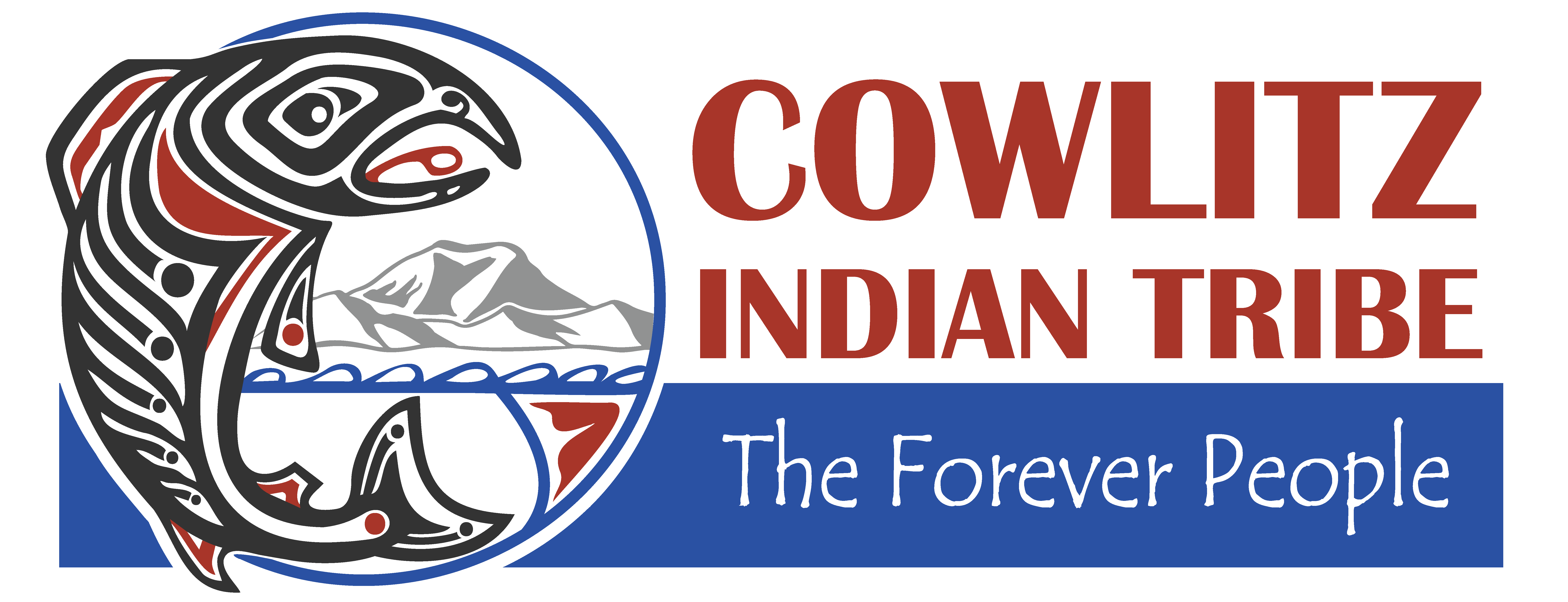Medication Assisted Treatment

Philosophy
The Cowlitz MAT program believes that offering multiple pathways towards treatment will enhance one’s journey towards recovery, and although there may be similarities in addiction, no two patients are alike. We will work alongside our patients to build a safe and supportive environment confronting misconceptions and stigma providing education within the communities we serve. Culture is interwoven into a variety of treatment modalities outside of medication it self; groups offer Native practices such as drum making, beading, participating in sweat lodge, and blanket ceremony after patients reach one year in treatment.
Important to know that MAT is not abstinence based, we are a low barrier, medication first model. We have come to learn patients will struggle through out their journey towards recovery and often require more support throughout the spectrum of their treatment: stabilization, maintenance, and discharge. Addiction is often a life-long medical illness that requires close and consistent follow-up. For this reason, our treatment team believes that although initiation of medications first is often a pivotal component of care, there is a plethora of other wrap around services that have parallel importance such as housing, legal, domestic violence/safety concerns, CPS, co-occurring mental health and acute/chronic medical conditions.
While we have recently opened our eligibility serving all populations, the Cowlitz Indian Tribe’s MAT program was created to serve its Tribal members and house hold as a priority. People should know even though we see everyone most of our teachings are from a Native lens although we do incorporate western practices that work well with our community.
Once a patient reaches 1 year in the program our staff will hold a blanket ceremony to celebrate this important milestone in their recovery.
Our program has several State and Federally funded grants that have been awarded to the Tribe to address the opioid epidemic. We are constantly looking at ways to minimize barriers to care for our patients. One of our larger projects will allow for embedded pharmacy services providing onsite medications for patients, andbe part of a multidisciplinary team of clinicians providing medication education and counseling, dispensing, and functioning as an extension of the medical and/or mental health provider to collaborate on best treatment regimens and modalities. This 5-year project includes having automated drug dispensing devices (ADDD) throughout all tribal locations where MAT is provided. This may include primary care and mental health services in the future.
Current Goals/Objectives
- Decrease Risk of Overdose and Mortality
- Remove Treatment Barriers-we continue to evolve looking at ways to enhance the patient care experience; walk-in clinic allows patients to receive care when they need it; prescriptions received on same day as appointment; medical care (bridged care) offered for patients that either do not have an outside medical provider or unable to access close and consistent care; case management referrals for housing, food, transportation, and other support services.
- Provide Education and Training-ensure all employees, patients, and caregivers receive overdose training identifying possible opioid overdose and administer life-saving medication naloxone (Narcan).All staff receive training upon hire, and as an annual requirement. Washington State has a standing order where anyone can help save a life. Standing Order to Dispense Naxolone (wa.gov)
- Reduce Stigma-we will work to dismantle misconceptions of people struggling with addiction both within the broader community as well as the recovery community where it is often viewed that medication is a replacement drug and that total abstinence is the true recovery. Ultimately, patients have choice in the best treatment options for them individually and best discussed with their provider. There are many cases where MAT may not be recommended.
Services & Programs
- Walk-in Clinic: open access walk-in clinic from 9-4pm, Monday-Friday for new intakes and follow-up (appointments encouraged for established patients) with an ARNP, Nurse Care Manager, or Dual-Credentialed licensed therapist. MAT currently has an embedded mental health prescriber on staff.
- Prescription options-outside pharmacy, home delivery, or clinic pick up for established patients. Plans for new patients to receive medications from clinic upon initial intake.
- Groups: in its present form we have one Dual-Credentialed licensed mental health/chemical dependency counselor whom provides multiple weekly in-person and hybrid groups steeped in Native Culture; activities include storytelling, beading, drum making, Cowlitz elders as guest speakers, etc.
Referrals:
- Mental Health (therapist and prescriber care coordination)
- Chemical Dependency (Intensive Outpatient Treatment, Outpatient Treatment, Peer Support, Individual Counseling)
- Victim Advocacy /Domestic Violence (Pathways to Healing-PTH)
- Case Management (housing, transportation, employment, food resources, veteran support)
- Community Health Workers (Navigators facilitate care coordination between programs, connect patients to outside specialists and/or needed medical care)
MAT currently has an open enrollment serving both Native and non-Native patients. Accepts Medicare/Medicaid, most private insurances. Patient served must be 18 years or older per program policy.
Phone: (206) 721-5170
Hours: Monday-Friday, 8:00am to 5:00pm

